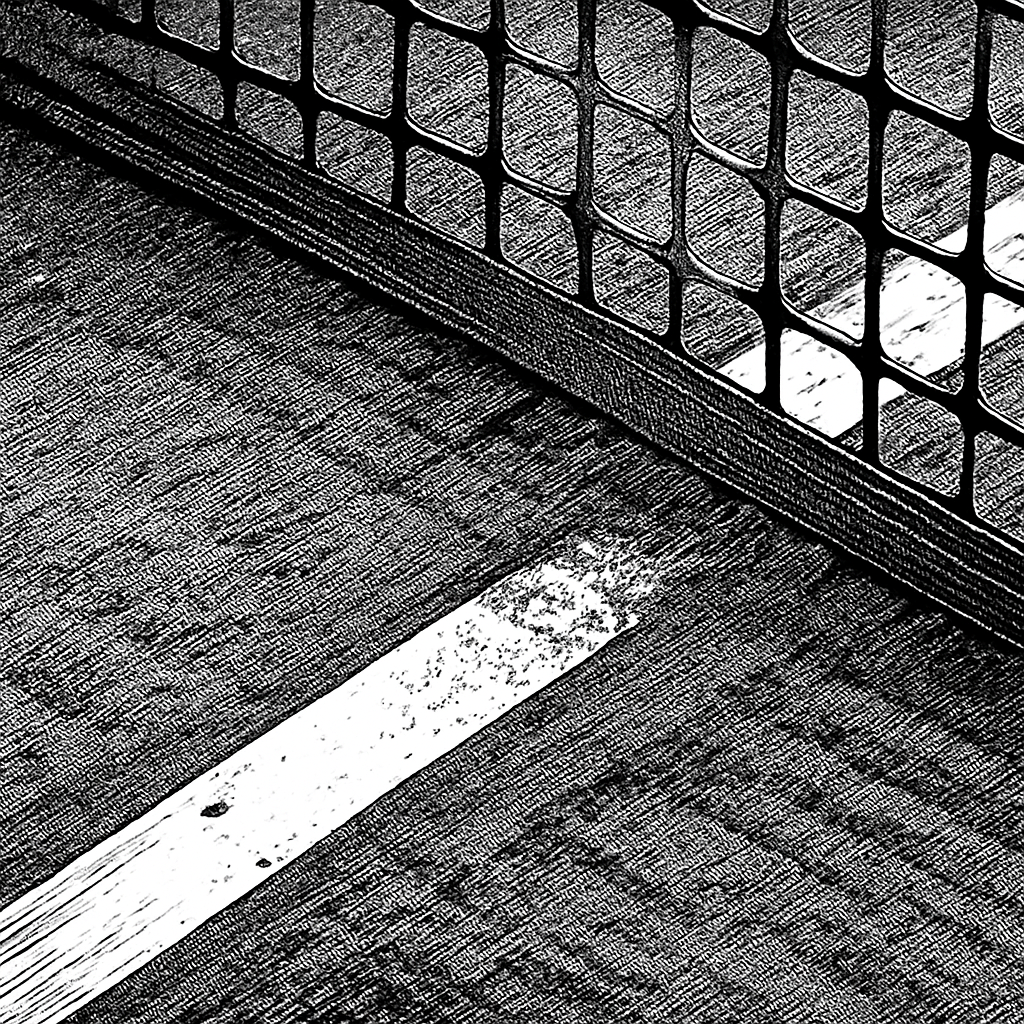LONDON — The International Tennis Integrity Agency (ITIA) has issued a five-year ban and a $50,000 fine to Tunisian tennis player Anis Ghorbel for multiple breaches of the Tennis Anti-Corruption Program (TACP), following an extensive investigation into 11 of his matches between 2016 and 2018.
The ruling, handed down by independent Anti-Corruption Hearing Officer Professor Richard McLaren, found Ghorbel guilty of a litany of offenses. These include facilitating wagering on the outcome of matches, contriving the outcome of events, and failing to report corrupt approaches. The ban, which is effective from the date of the decision, prohibits Ghorbel from playing in or attending any tennis event sanctioned by the governing bodies of tennis.
A Pattern of Corruption Uncovered
The ITIA’s investigation was triggered by a combination of confidential intelligence and detailed analysis of betting patterns that pointed to suspicious activity surrounding Ghorbel’s matches. The probe focused on 11 specific fixtures across the ITF World Tennis Tour, a level of professional tennis where players are more financially vulnerable and, consequently, more susceptible to corrupt approaches.
The evidence presented demonstrated a clear pattern of manipulation. Ghorbel was found to have conspired with associates to place bets on matches where he knew the outcome had been pre-arranged. The charges against him included:
- Manipulating the outcome of events.
- Soliciting other players not to use their best efforts.
- Facilitating wagering as a primary motive.
- Failing to report corrupt approaches to the ITIA.
In his decision, Professor McLaren stated, "The evidence reveals a deliberate and repeated pattern of behavior designed to corrupt the sport for personal gain. Mr. Ghorbel’s actions represent a fundamental betrayal of the integrity that is essential to professional tennis."
The Wider Fight Against Match-Fixing
This case underscores the persistent challenge match-fixing poses to the integrity of global tennis, particularly at the lower tiers of the professional game. The ITIA, the sport’s dedicated anti-corruption body, has significantly increased its monitoring and enforcement capabilities in recent years, utilizing advanced data analysis and a global network of intelligence sources to detect suspicious activity.
Karen Moorhouse, CEO of the ITIA, emphasized the organization's zero-tolerance policy. "This significant ban is a clear message that the ITIA will relentlessly pursue those who seek to undermine the integrity of our sport. Our investigative and disciplinary processes are robust, and we will continue to work with the betting industry and law enforcement to root out corruption at all levels."
The Player's Profile and Response
Anis Ghorbel, now 33, reached a career-high ATP singles ranking of 473 in 2017. While he never broke into the sport’s elite tiers, his case is a stark reminder that corruption is not limited to high-profile matches with large television audiences. The pressures of financing a career on the lower tours, where prize money is minimal and travel costs are high, can create an environment where corruption can fester.
Ghorbel has the right to appeal the decision to the Court of Arbitration for Sport (CAS) in Lausanne, Switzerland. However, as of the publication of this ruling, no appeal has been lodged. The $50,000 fine is suspended pending good behavior and successful completion of a anti-corruption education program, but the playing ban is immediate and absolute.
A Strong Message to the Tennis World
The five-year ban is one of the longest issued by the ITIA in recent years, reflecting the severity and repeated nature of the offenses. It serves as a powerful deterrent to any player considering engaging in similar activities. The tennis bodies are united in their stance, understanding that public confidence in the authenticity of competition is the bedrock of the sport’s commercial and popular appeal.
In a final statement on the case, the ITIA reinforced its commitment to clean sport: "The Anis Ghorbel ruling demonstrates the effectiveness of the Tennis Anti-Corruption Program and the ITIA’s resolve to enforce it. We encourage any player who is approached or has information about corruption to contact us immediately. Protecting the integrity of tennis is a collective responsibility."
For players, officials, and fans, the message is clear: the tennis authorities are watching, and the consequences for breaching the sport’s integrity codes are severe and long-lasting. The ban ensures that Ghorbel will be 38 years old before he is eligible to apply for reinstatement, effectively ending his competitive professional career.

